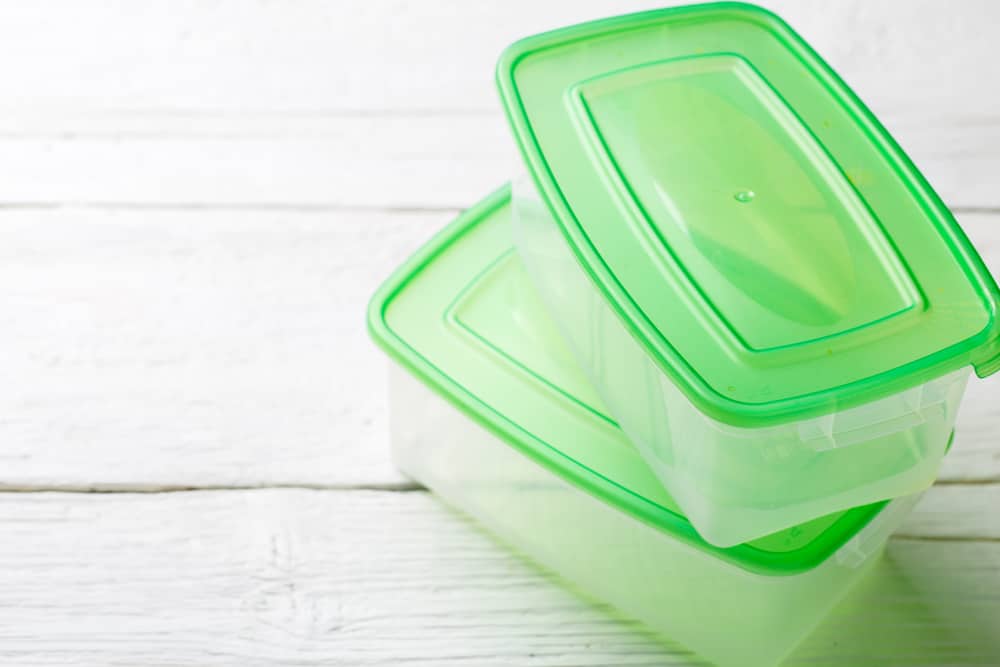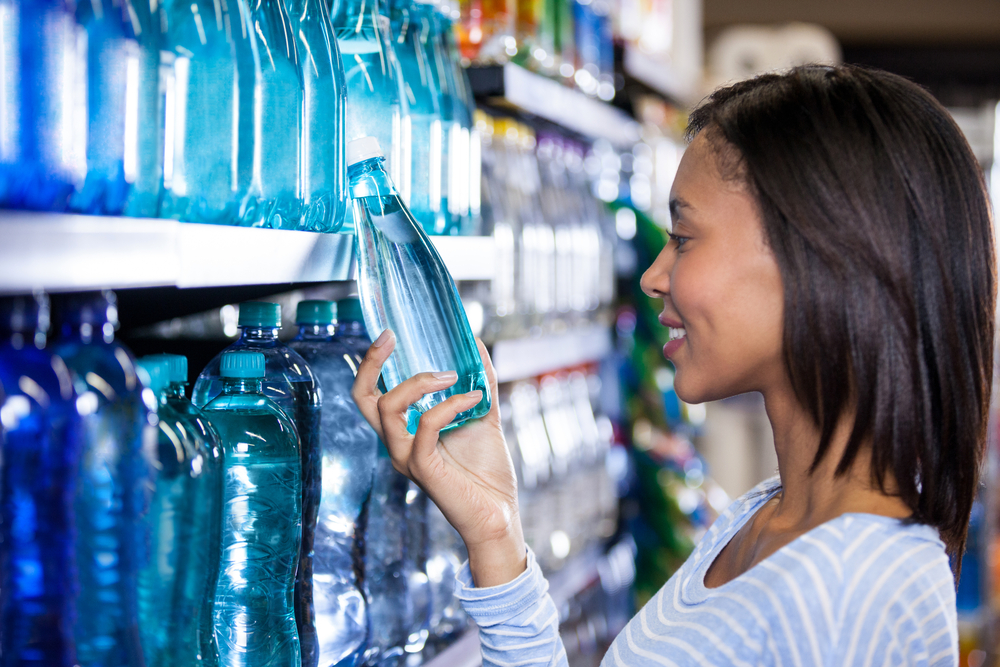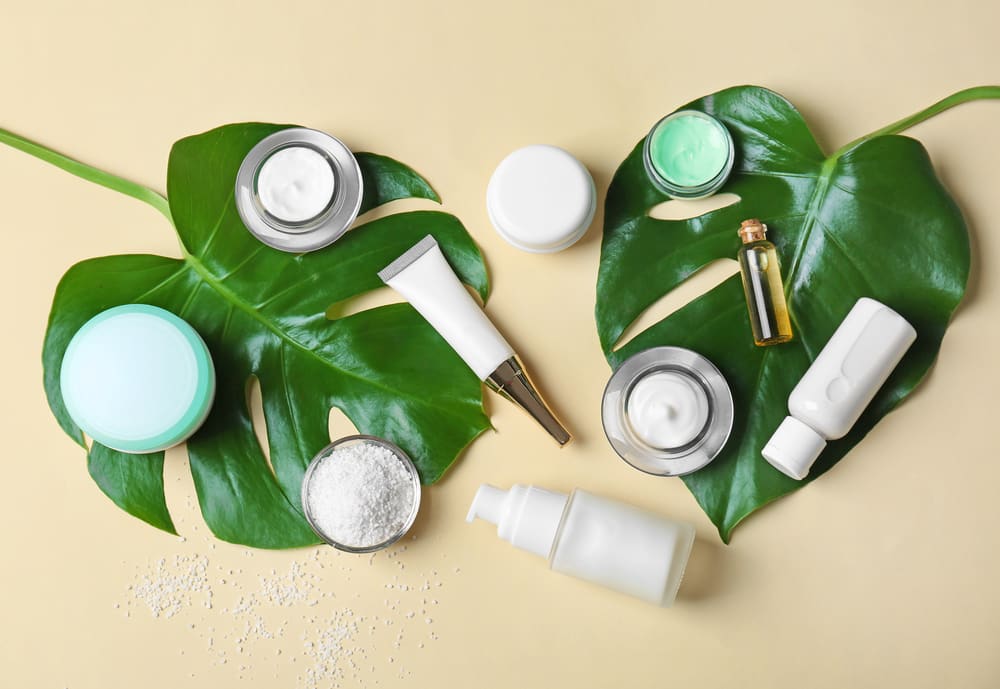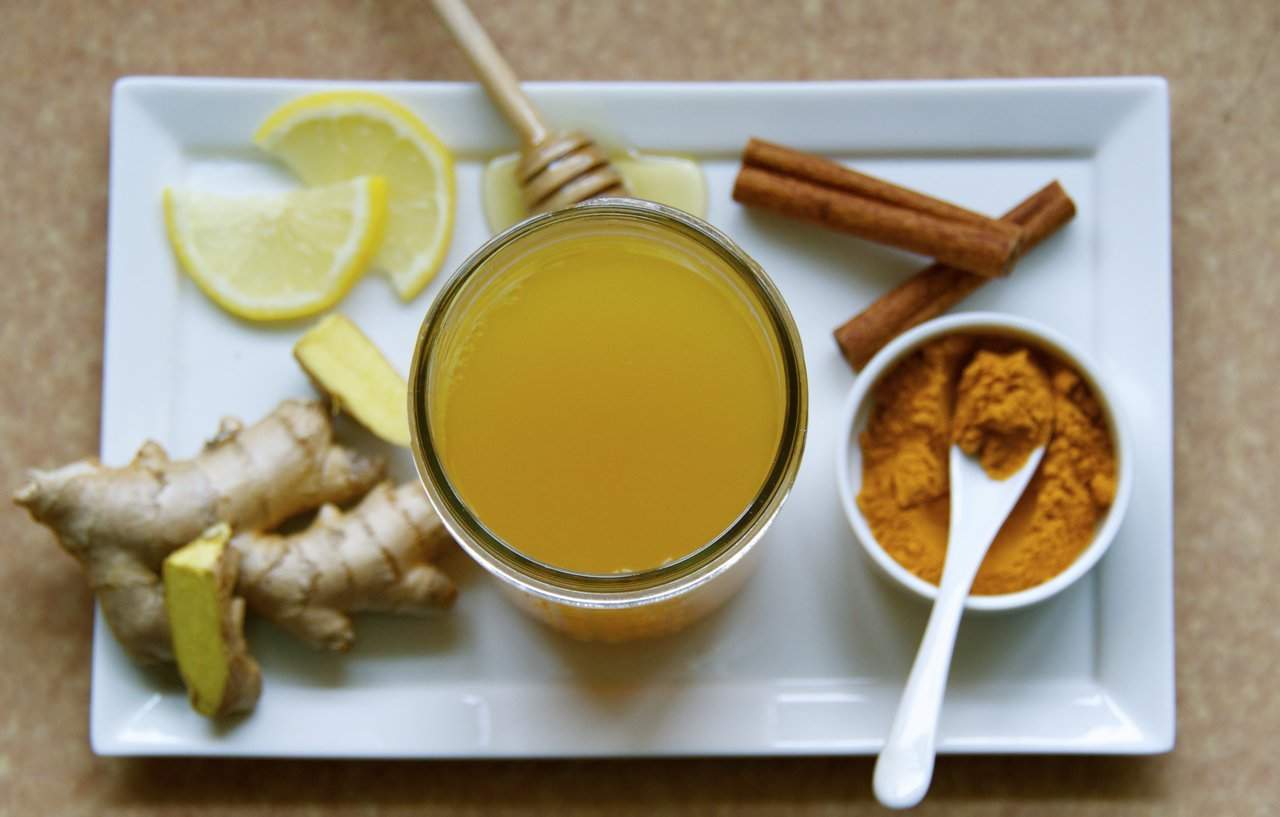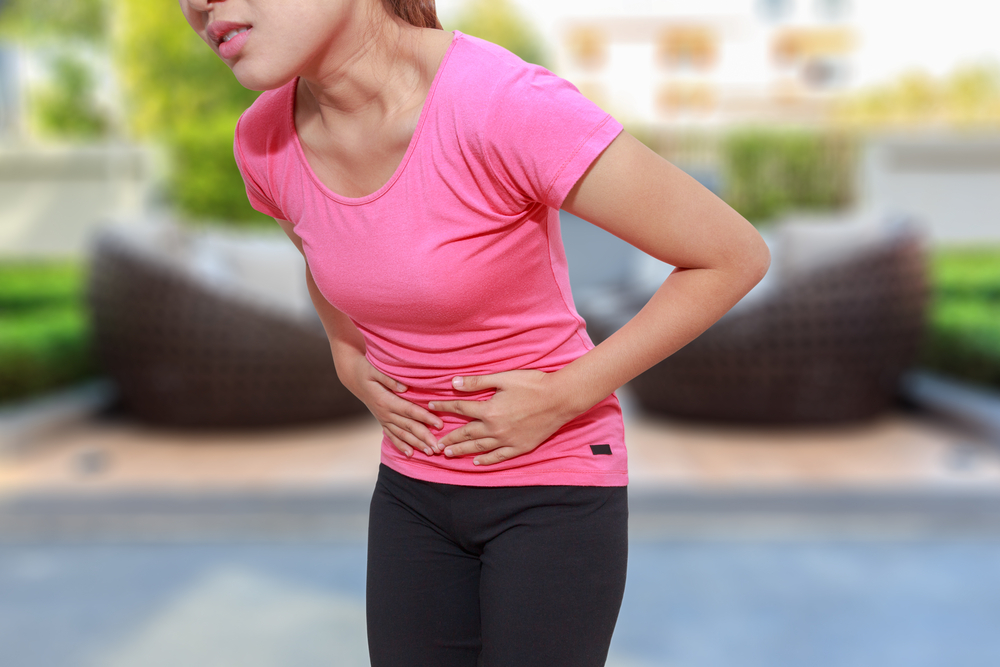Contents:
- Medical Video: KIDS | Plastic Poisoning You | Are Plastic Bottles Safe | Water Bottles | BPA Free | Containers
- Is it true that BPA plastic affects women's fertility?
- Tips for avoiding exposure to daily BPA content
- 1. Avoid drinking from packaging bottles
- 2. Avoid heating food in plastic containers or with plastic wrap
- 3. Store food in a container made of glass, ceramic or metal
Medical Video: KIDS | Plastic Poisoning You | Are Plastic Bottles Safe | Water Bottles | BPA Free | Containers
Bisphenol A, or commonly called BPA is a chemical whose content is often found in eating utensils or drinking from plastic materials in your home kitchen. Scientists have commemorated and even discovered new facts, if BPA exposure to the body can be very dangerous. Worse yet, several studies state that these chemicals affect women's fertility. How can BPA plastic affect fertility? See the explanation below.
Is it true that BPA plastic affects women's fertility?
Researchers from Harvard University found results on the effect of BPA exposure on the quality of the eggs of women. Exposure to bisphenol A or BPA, can interfere with the reproductive process, and at a rate of 20% can be the source of a person's infertility.
The researchers conducted a laboratory experiment. In the study, experts used 352 eggs from 121 people who had agreed to be involved in this BPA hazard research.
Then Catherine Racowsky, who acted as the head of the study announced the results, if women who are often exposed to BPA content, can experience a decrease in the number of mature eggs.
Researchers also found that the BPA content actually increased the number of immature eggs. Well, these immature eggs will not be able to divide chromosomes in cells completely and the number of chromosomes in them is not balanced. It is feared that these immature eggs will end up carrying too much or too little chromosome. If so, the result of fertilizing the egg, which will become an embryo, will be difficult to develop.
If it finally develops it will become an egg cell with an abnormal chromosome. For example, babies can be born with Down syndrome.
The content of BPA in plastic household appliances has also been linked to PCOS (polycystic ovary syndrome), miscarriages, and can make male sperm quality low. However, deeper research is still needed to ascertain these links.
Therefore, BPA plastic is indeed feared to make women more difficult to get pregnant because the number of eggs that are healthy and ready to be fertilized is reduced. In addition, your pregnancy may be risky for the mother and fetus.
Tips for avoiding exposure to daily BPA content
If you and your partner are trying to have children, it's a good idea to use tableware or other household. This is so you can avoid the dangers of BPA plastic. The following are safe tips.
1. Avoid drinking from packaging bottles
Plastic drinking water bottles sold on the market contain chemicals called xenohormones. This xenohormone resembles the hormone estrogen in the body, which can cause the body to become mostly the hormone estrogen or even lack the hormone. If hormone levels are not balanced, it can be harmful to the body, especially for fertility. It's a good idea to get used to drinking in bottles made from stainless steel or from safer glassware.
2. Avoid heating food in plastic containers or with plastic wrap
Heating food using plastic materials can increase the fusion of harmful chemicals from plastic, especially with fatty foods. Use a paper towel or glass or ceramic lid to cover the food on microwave.
3. Store food in a container made of glass, ceramic or metal
Indeed, it is difficult not to use plastic equipment in the present. If so, choose a certain labeled plastic that has a safe category. For example plastic category # 1 PETE, # 2HDPE, # 4LDPE or # 5PP. Plastic number categories have the potential for lower health risks.

